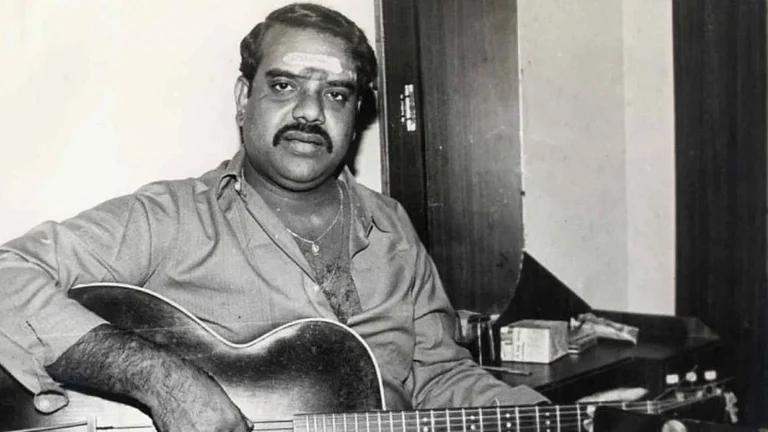In a landmark order aimed at combating digital exploitation of women, The Madras High Court, on Wednesday (July 9, 2025), directed the Union Ministry of Electronics and Information Technology (MeitY) to take necessary steps to detect, remove, and block private images and videos of women, circulated widely on the internet and digital platforms without their consent.
The directive was issued by Justice N. Anand Venkatesh, who is hearing a writ petition filed by a woman advocate. The petitioner alleged that her former partner had recorded intimate moments without her knowledge and later circulated them on social media. These private materials were subsequently discovered on multiple pornographic websites, causing her immense psychological distress and reputational damage.
Justice Venkatesh instructed A. Kumaraguru, senior panel counsel for the Central Government, to consult with MeitY and the Ministry of Home Affairs (MHA) and to develop a prototype mechanism for redressal. This mechanism must include the appointment of a dedicated nodal officer to receive and process complaints from affected individuals.
The judge emphasized that existing systems are ineffective, especially for victims without social or political influence.
“The technology is always there but what is required is the inclination to put it to use for the benefit of the common man,” he spoke to The Hindu.
Justice Venkatesh also strongly criticized the police for their handling of the case. He was particularly disturbed that the woman advocate’s name was explicitly mentioned in the First Information Report (FIR), a public document, whereby her identity was compromised.
In a more serious rebuke, the court expressed shock that the victim was apparently enforced to view the explicit videos in the presence of seven male police personnel, allegedly to identify the perpetrator.
The Judge asked, “Don’t you have women police personnel well versed in cyber crime? Can’t you ask those women personnel to deal with such cases? How can you make the victim sit along with seven male police personnel to watch those videos? Does it not amount to violating her right to dignity?”
The judge directed the police to immediately redact the victim’s name from the FIR and demanded the personal appearance of State Public Prosecutor Hasan Mohamed Jinnah at the next hearing to ensure strict procedural compliance and sensitivity in the investigation.
Justice Venkatesh grew emotional during the hearing of the case. He told the senior counsel: “I was just thinking, what if this woman lawyer had been my daughter.” “Now, I have to prepare myself and make sure I do not break down during the interaction with her,” he added.
While Section 67 of the Information Technology Act and provisions under the Indian Penal Code provide some legal remedies, the lack of swift enforcement mechanisms and insensitive handling by authorities continue to pose challenges.
Justice Venkatesh’s observations, as reported by The Hindu, reflect a broader judicial concern about technology-facilitated gender-based violence and the urgent need for systemic reforms.





























